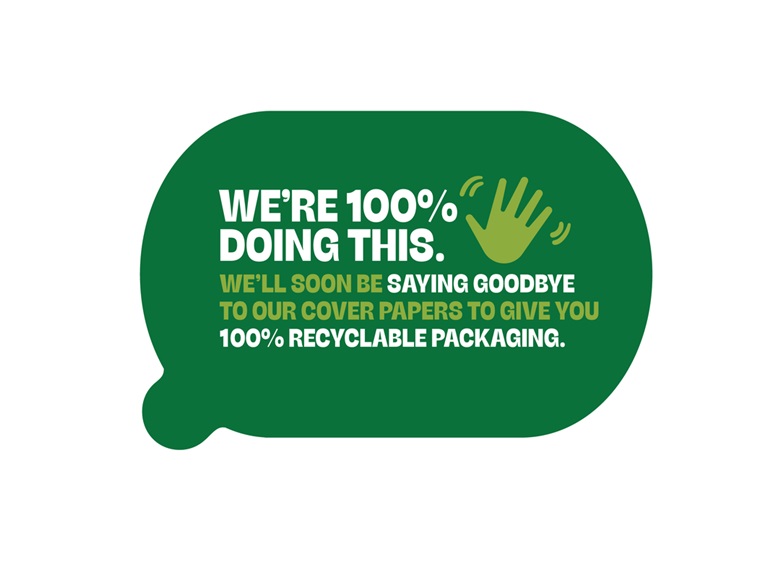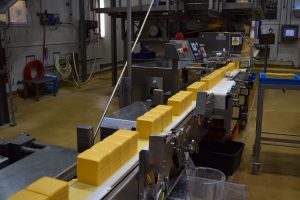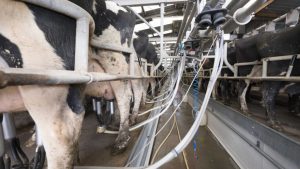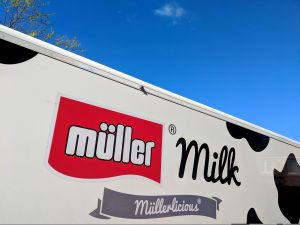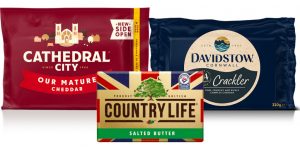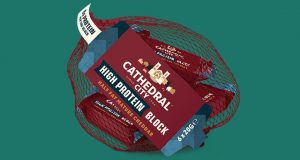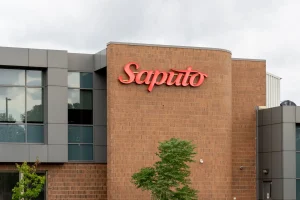
Saputo Dairy UK will remove non-recyclable cover papers from its Clover, Utterly Butterly, and Country Life Spreadable products in an effort to keep approximately 44 tonnes of unnecessary packaging out of landfill every year.
Conventionally, cover papers are used to flatten spreads for even filling, preserve product hygiene and integrity, and provide brand owners with the opportunity to print promotional messages on its surface. The tightly-bound fibres used to produce these greaseproof papers are difficult to separate in waste management processes, meaning they are not recyclable.
Yet cover papers are not thought to be essential in preserving a product’s quality or freshness, nor do they serve as a tamper-evident feature. As such, their removal is not expected to have negative impacts on the products or the consumer experience.
The company adds that its tubes and lids are already considered recyclable, and will be considered a fully recyclable solution once cover papers are phased out.
Saputo Dairy UK claims to be the first branded manufacturer to eliminate cover papers from spread packaging. On a broader scale, it intends to make sure all its packaging is reusable, recyclable, or compostable by 2025.
Joanna Swan, senior brand manager for Spreads at Saputo Dairy UK, explains: “As a producer of leading British food brands, we are determined to play an active role in reducing waste and looking after our natural resources.
“The cover paper is not needed for product quality, freshness or hygiene, as the lid does this job. By removing it we can save a significant amount of unnecessary packaging each year from going to landfill.
“In general people want to do the right thing but there is a lot of ambiguity and varying guidance around what can or cannot be recycled. Therefore, removing unnecessary packaging is the good choice for the environment. As a leading brand, this one small change from us can make a difference to the planet.”
Until the end of June, existing cover papers will feature a printed message informing customers that the papers will be removed. Spread packaging without cover papers will be made available from July 2024.
In a similar development, Aldi has transitioned two of its own-label butter lines into home-recyclable, paper-based wrappers. The retailer expects that the move will eliminate over 10 tonnes of non-recyclable packaging every year.
Footprint, MCC, Pagès Group, and Emsur also joined forces to develop an oil-resistant, plastic-free paper tub for Upfield’s plant-based butters and spreads, aiming to replace over 25,000 tonnes of plastic waste annually. We spoke to Upfield’s packaging development director, Karina Cerdeira, about the intentions behind the move and its potential outcomes.
You can now read the most important #news on #eDairyNews #Whatsapp channels!!!
🇺🇸 eDairy News INGLÊS: https://whatsapp.com/channel/0029VaKsjzGDTkJyIN6hcP1K
